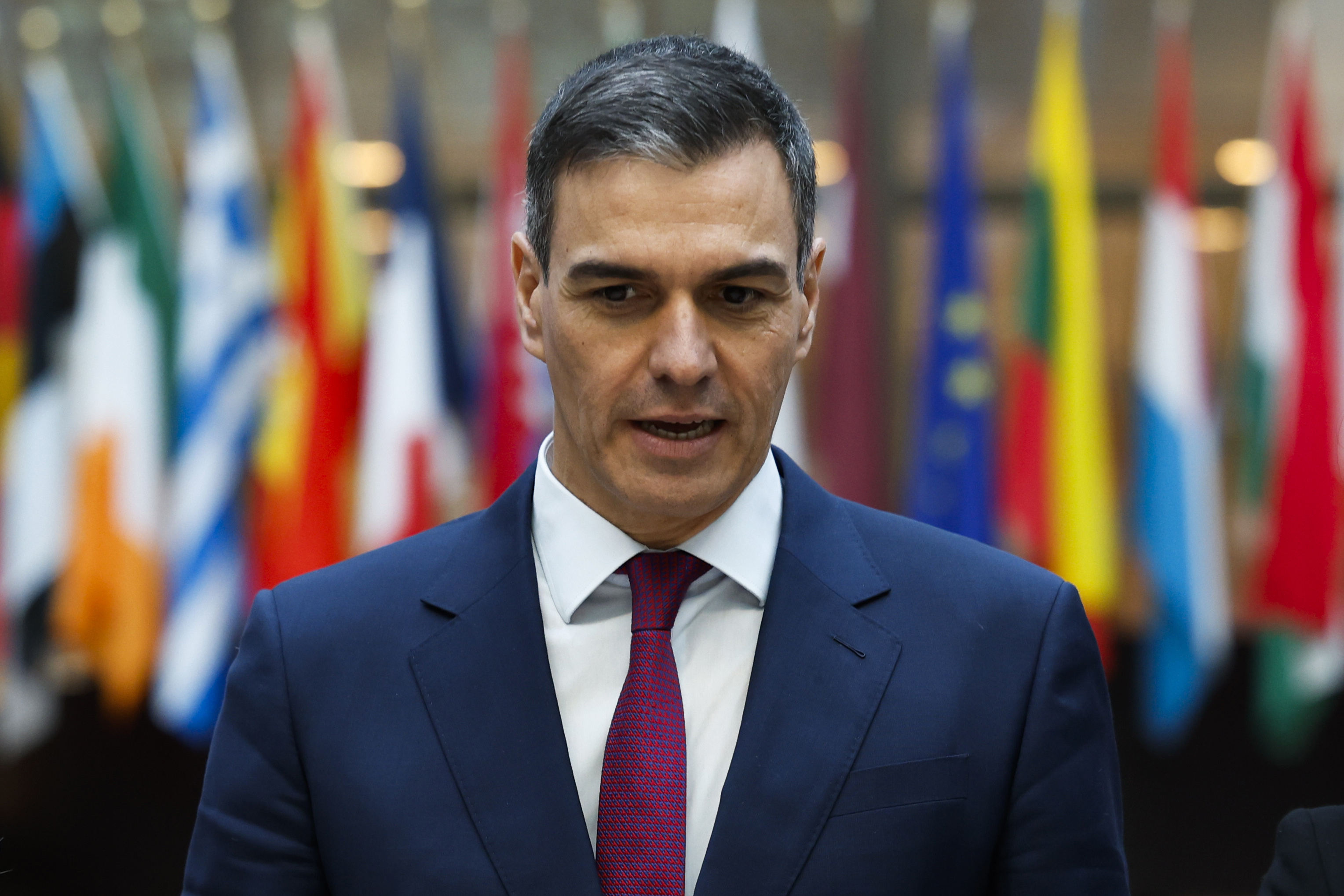It had been planned for some time, but now it takes on another dimension. It gains relevance and importance. Pedro Sánchez will travel to China next week, his third visit in the last three years, amidst the trade war driven by Donald Trump after his decision to impose massive tariffs. During this visit, the President of the Government will meet and have lunch with the Chinese president, Xi Jinping. The trip, which also includes a stop in Vietnam, has a clear economic aspect and, according to government sources, has been coordinated and worked on with the European Commission.
La Moncloa is aware that Sánchez's trip gains relevance and importance following the tariff "bing bang" unleashed by the US president. This is compounded by China announcing yesterday additional tariffs of 34% on all US products starting next week.
This Asian mini-tour aims, as explained by the Government, to strengthen bilateral relations with Vietnam and China in a context marked by the US tariff policy. In addition, it seeks to deepen Sánchez's strategy of strengthening ties with Asia - hence the three trips to China in three years, as well as visits to India, among other countries - and his commitment to expanding Spain's commercial relationship and that of the EU with other trade blocs. Sánchez is convinced that for our continent, and our country, to enjoy an open strategic autonomy, it is necessary to diversify investments. China plays a crucial role in this roadmap.
This bilateral trip aims to strengthen political and commercial relations between both countries, but the Government has worked and coordinated with the EU. This does not mean, government sources clarify, that Sánchez will speak on behalf of Europe, but there are common positions and approaches. The EU Trade Commissioner, Maros Sefcovic, has just returned from China after meeting with the Chinese Vice Premier, He Lifeng, delivering the same message that Sánchez carries for Spain: "We need to tangibly rebalance our trade and investment relationships."
The Government's intention with this intensification of the relationship with China, despite La Moncloa's defense that it is not about replacing the US, is to mitigate the significant trade imbalance, open the Chinese market to more Spanish exports, and make progress in rebalancing. According to official data, in 2024 Spanish imports from China totaled ¤45.174 billion, while Spanish exports only reached ¤7.467 billion. In other words, a coverage rate of only 16.5%.
Sánchez has taken on the role of a privileged interlocutor with China. In three years, three meetings with Xi Jinping. However, this commitment to forging a privileged relationship with the Asian giant entails risks and balances. Brussels warns about this relationship. The EU-China "Strategic Outlook" of 2019, prepared by the European Commission, describes the Asian giant as follows: "It is simultaneously a cooperative partner with which the EU has aligned objectives, a negotiating partner with which the EU needs to find a balance of interests, an economic competitor in achieving technological leadership, and a systemic rival in promoting alternative governance models."
The EU's recent White Paper on Defense also addresses the relationship in this dual aspect, of necessity and alert. China is defined as a "key trading partner for the EU," but caution is advised against the "role of authoritarian states, such as China, seeking to assert their authority and control in our economy and society."
